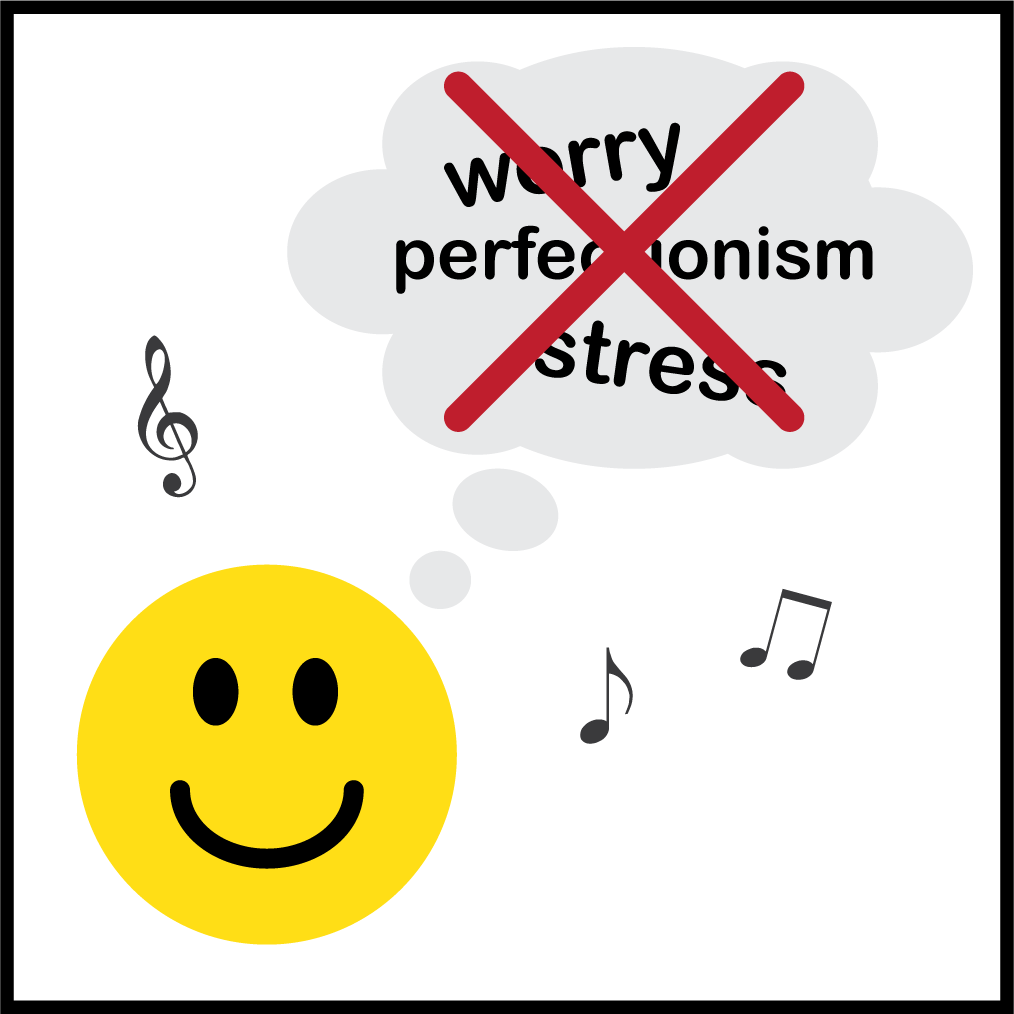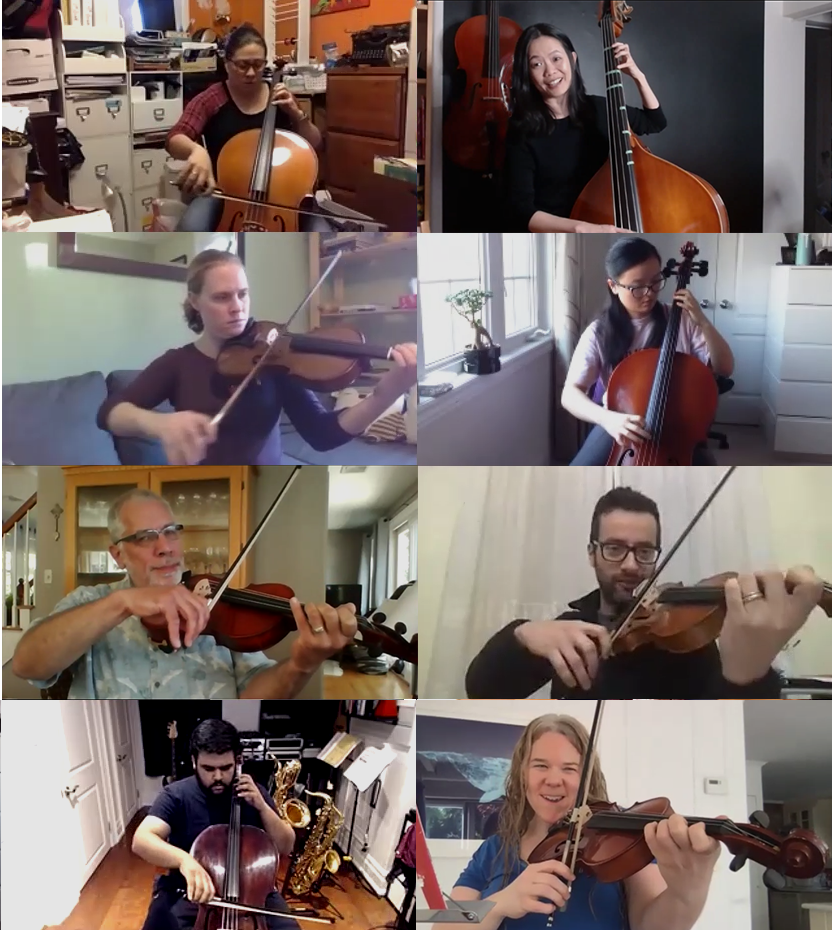Here’s one last, thought-provoking post to end this series on helping students correct their technique problems.
It can be frustrating to keep telling the same students to fix the same bad habits over and over again.
It can be frustrating to see them coming back with the same problems everyday even though you keep reminding them of what they need to do.
And it’s even more frustrating when they don’t seem to be motivated to play correctly even though you know how much it is going to benefit them.
Grrrrr!!!!!
This school year, the mix of students in my classes is very different from those that I usually get.
My beginner Grade 9 classes this year have so many more uncoordinated teenage boys lacking in fine motor skills than I’m used to. You know, they’re lanky and awkward and don’t know what to do with their limbs. They also seem like they’re more interested in sports and video games than in playing their instrument well.
And of course, they have bad habits galore.
Needless to say, I found myself trapped in the pitfalls of constant random reminders and nagging that really hasn’t been good for me or the students.
But, over the next few months, I noticed something.
Sometimes a student would surprise me by unexpectedly correcting some part of their technique!
After this happened a few times, I started to see a pattern.
A student wouldn’t change anything if I engaged in the 3 Worst Ways to Get Your Students to Fix Bad Habits, of course.
They didn’t change that much even when I tried the 3 Good Ways to Motivate Your Students to Correct Their Technique.
But a student was motivated to change, and eventually did so, when I happened to do these three things….
- I waited until they recognized that they had made significant progress in some area of playing.
- I gave them very specific and authentic praise so they knew that I recognized their accomplishment.
- If they seemed to be basking in my acknowledgement, I asked them if they would like a tip or some feedback on what to work on next, to which they always said yes.
The difference in their progress was like night and day.
Why?
Because that was the teachable moment.
You see, before this discovery, I was operating on a mistaken assumption.
I assumed these students didn’t really want to improve. But this wasn’t true. In reality, they were trying to improve, but on different things from what I wanted.
They were focussed on surviving – trying to coordinate their movements, trying to learn the notes, trying to keep up with the class. In one case, also trying to learn the English language!
They weren’t ready to accept my advice. They had too much going on.
It wasn’t until they were feeling good about their progress that they were finally ready for my input and to take action on it. It seems so obvious to me now.
I also fell into another trap.
I worried that if the students didn’t correct their bad habits right away, they would be stuck with them forever.
Again, untrue. When the moment is right, and if they understand the 5 Secrets to Replacing Bad Habits With Good Ones, establishing a new habit just requires readiness, focus and dedicated time.
The belief that bad habits get harder and harder to fix is perhaps one that we should re-examine, as it might be causing more harm than good.
(That’s a new thought I just had as I was writing. I’ll have to let that idea brew a bit!)
But, here’s another truth….
Incorrect technique is unavoidable. For everyone.
Realistically, we’re all going to encounter habits that we will need to fix all throughout our playing careers.
Therefore, we should put more of our efforts into teaching students the best strategies for effectively fixing any bad habit. Strategies like the ones I’ve shared with you this month. That way they will always have the skills they need to keep improving as musicians.
(That’s another new thought I’ll have to let brew!)
So, here’s the big lesson I want to end this series with….
Let go of trying to get your class to be perfect.
Every student will get there in their own time.
I know, I know, it’s hard. It’s especially hard for me, because who am I to be blogging and training teachers if I can’t get every single one of my students to play perfectly???
But now that you know all these tips from the past few weeks, you can let go of needing to correct your students all of the time.
You can let go of feeling like a bad teacher if you aren’t constantly nagging them.
You can be more deliberate instead, and save your energy by focussing your efforts on what works.
And you can embrace the teachable moment, especially for those students who are the most challenging.
So, I’m giving you permission to take the weight of responsibility and perfectionism off your shoulders. And I’ll try to take it off mine with you.
Happy New Year!
Let me know if this post helps you – hearing from you keeps me doing what I’m doing. Also, let me know if you want me to share more tips like this!
Have you joined Smart String Teacher yet? Subscribe to be notified of more tips, free classes, drop-in clinics, resources, courses and more!




Leave a Reply